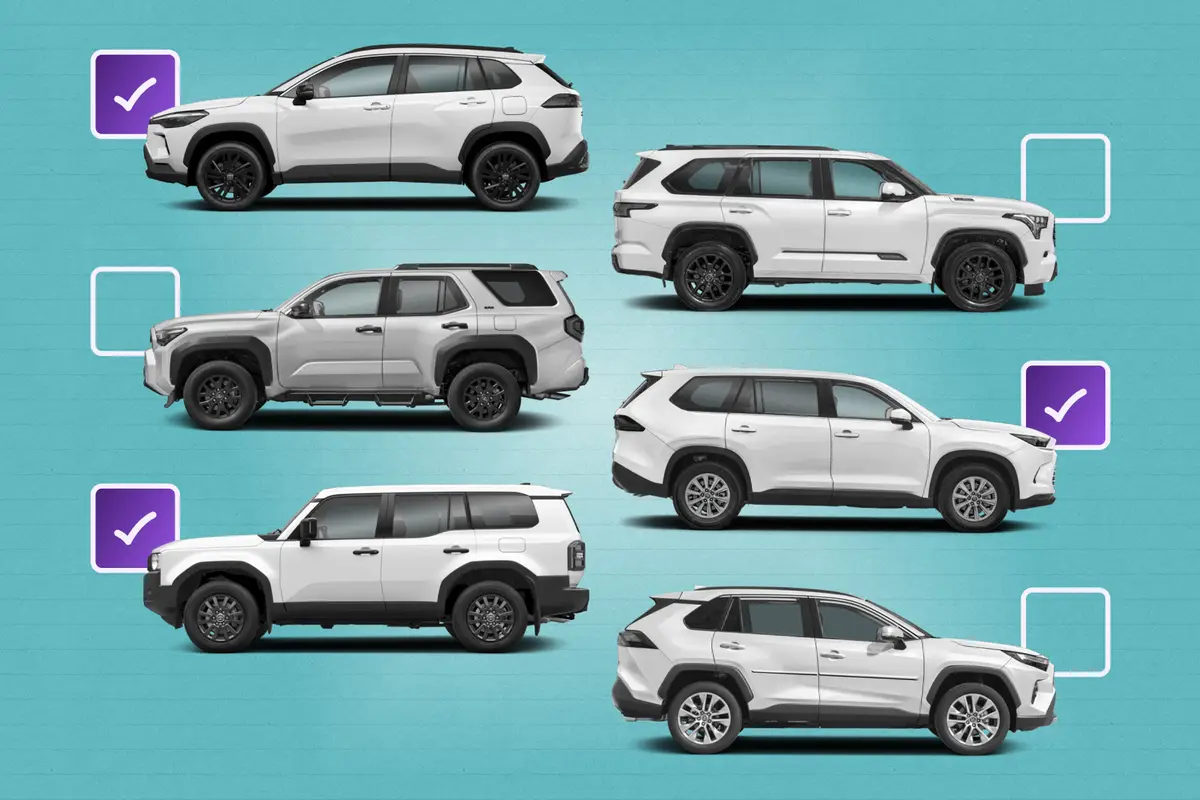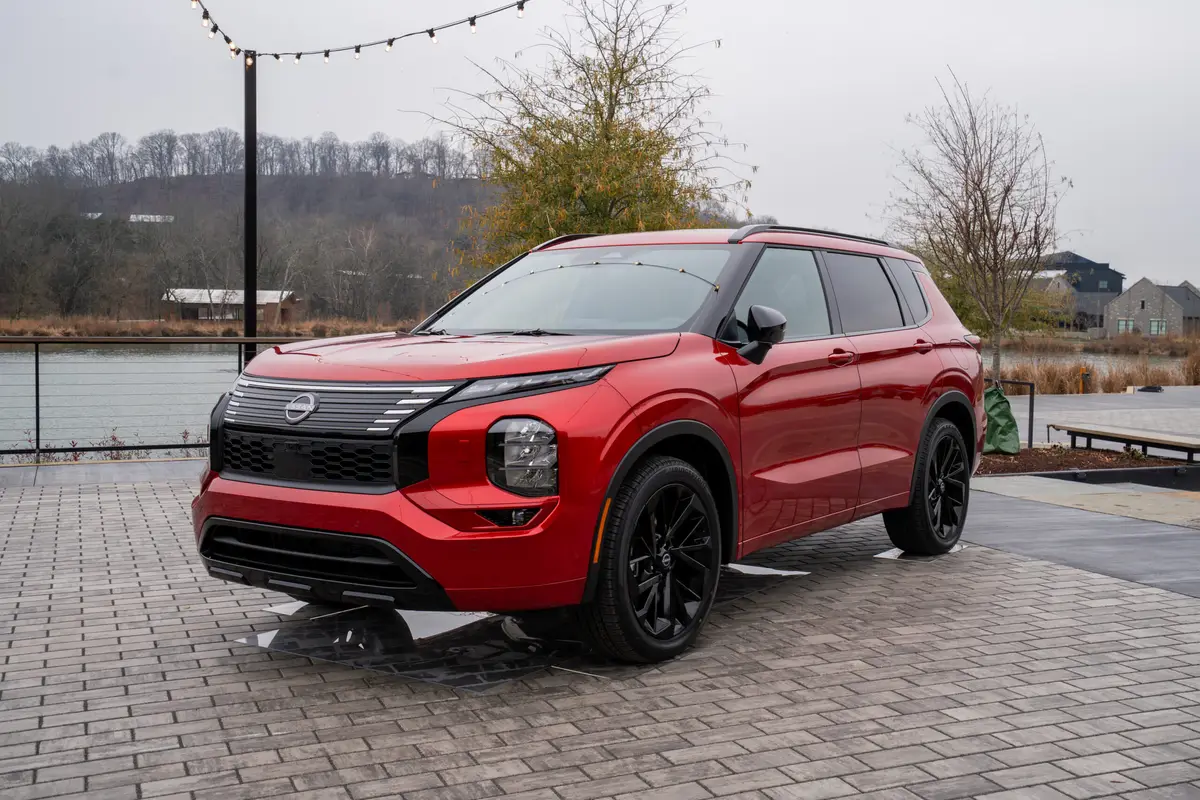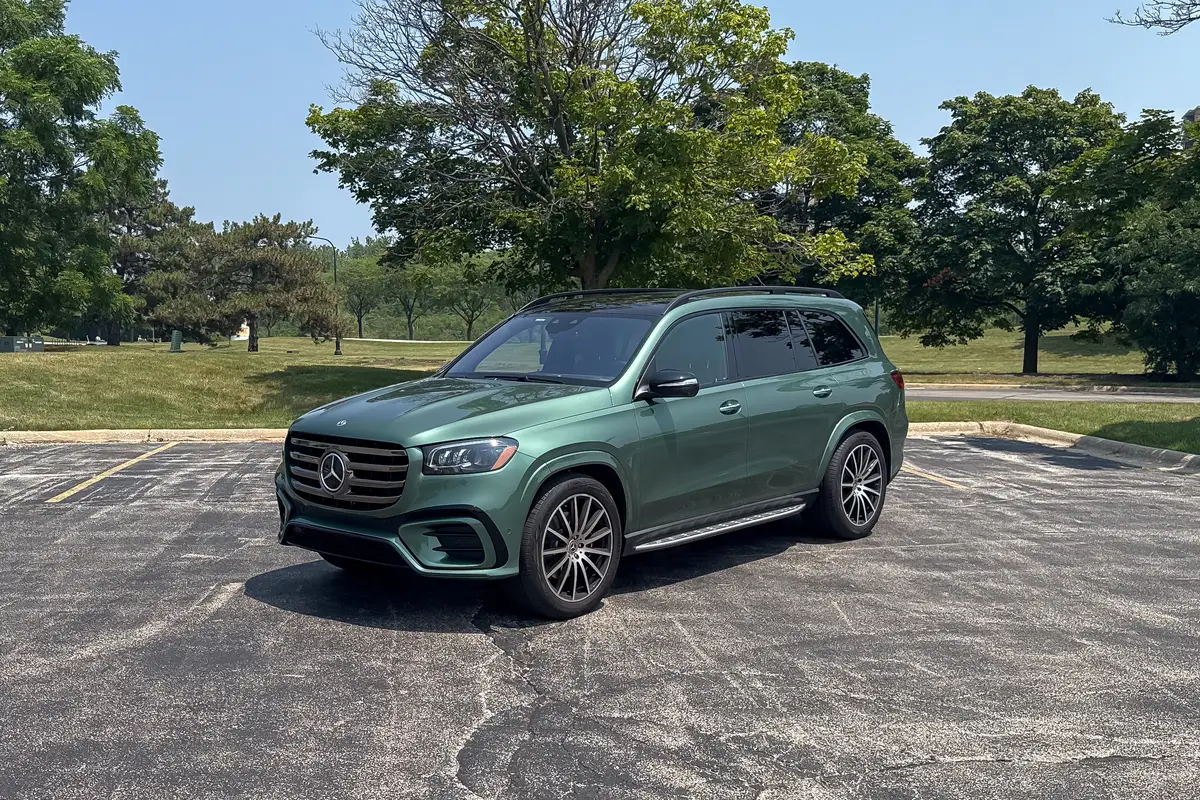Toyota Camry XSE Vs. Lexus ES: Is the Luxury Nameplate Necessary?

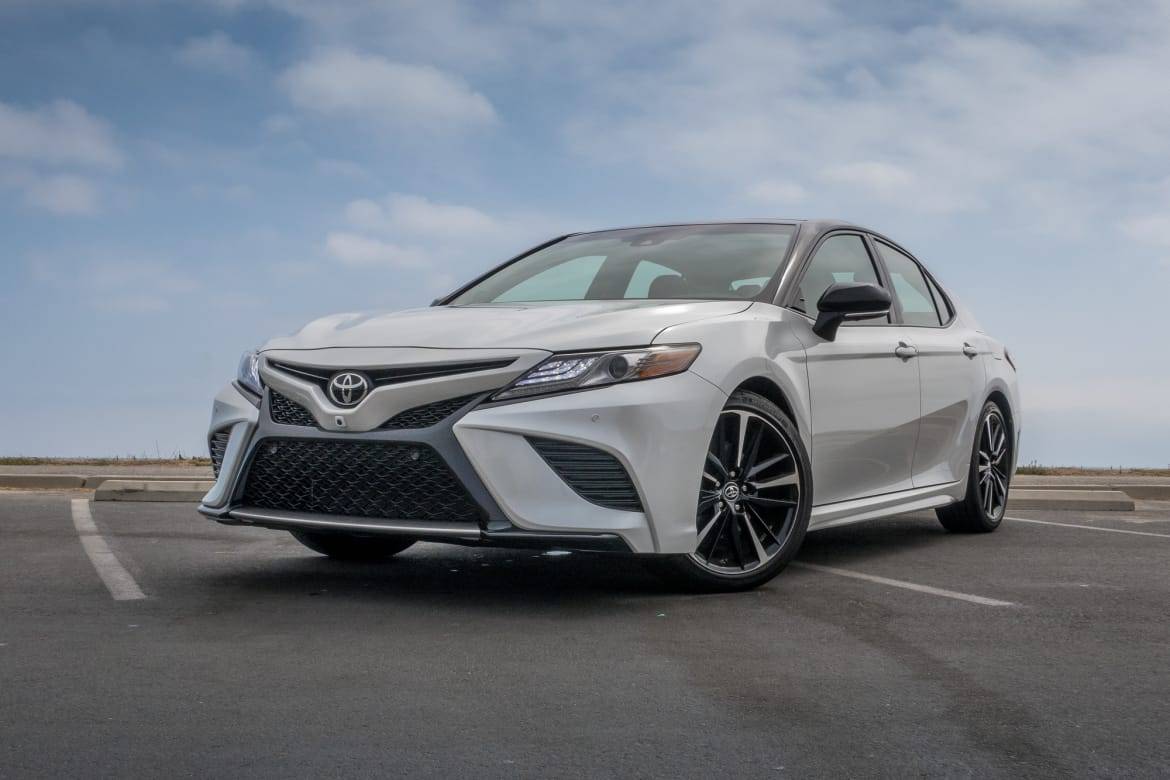
We’ve covered the 2018 Toyota Camry on Cars.com ad nauseam, and with good reason. Its redesign for 2018 changes the Toyota Camry from a poor-handling, pretty boring family sedan into a composed, stylish car that Senior Editor Joe Bruzek even dared to call “fun.” But beyond the improvements to the powertrain and chassis, Toyota’s latest Camry also does a darned good impersonation of a luxury car — so much so that it might step on the toes of the Lexus ES 350.
Related: 2018 Toyota Camry: Everything You Should Know
Toyota’s new Camry carries a markedly improved interior with more upscale seating surfaces, better seats and an expanded feature set. It also carries a swollen price: My XSE V-6 test car came with a $38,230 price tag, which is within spitting distance of the $39,895 starting price (including destination charges) for a 2017 Lexus ES 350. That’s nearly a luxury price, but does the Camry do a legitimate luxury impersonation? I got behind the wheel of both a Lexus and a Toyota recently to find out if the 2018 Camry from Toyota can live up to the luxury car price tag.
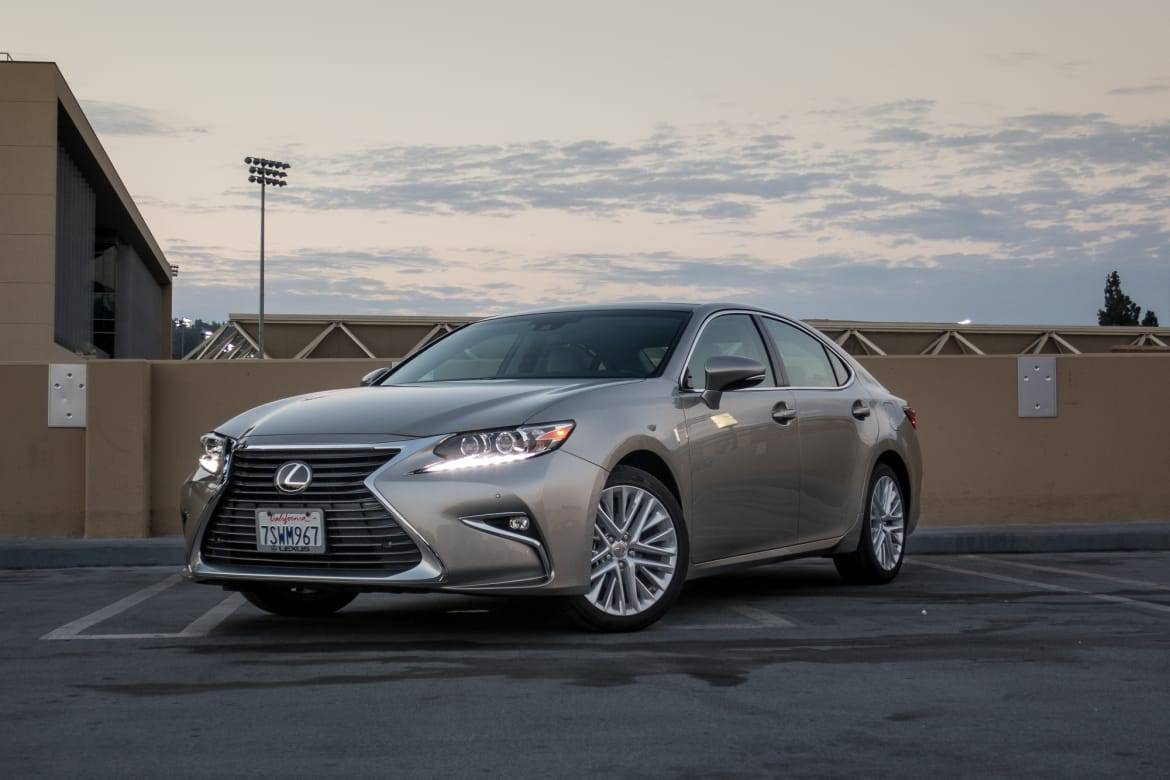
The 2017 ES 350 from Lexus rides on the older Avalon chassis and has the older, less powerful 268-horsepower, 3.5-liter V-6 engine. In Toyota’s 2018 Camry, the updated 3.5-liter engine makes 301 hp. The Toyota Camry’s engine, new platform and sportier suspension make the Camry XSE the sharper performer of the two, with superior handling and easier acceleration at all speeds.
For it to fit the luxury car category, however, Toyota needs to provide a comfortable ride — which the Camry has even though I tested a sportier Lexus XSE with a more aggressively tuned suspension. The XSE was composed and pliant in everyday driving. The Lexus ES 350 was soft, but also busier on the highway and especially around town. Cabin noise while driving each car was a wash to me; both the Lexus and Toyota were quiet, making it easy to carry along conversations with front and rear passengers with little effort.
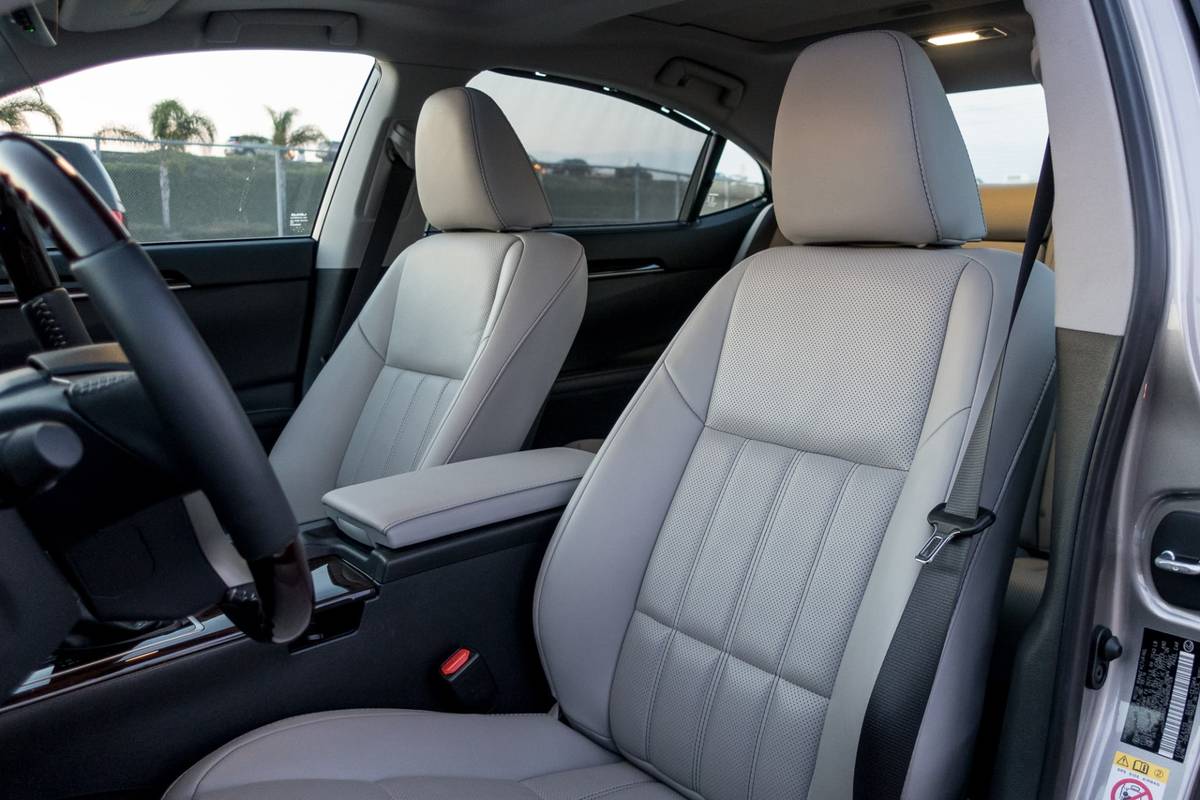
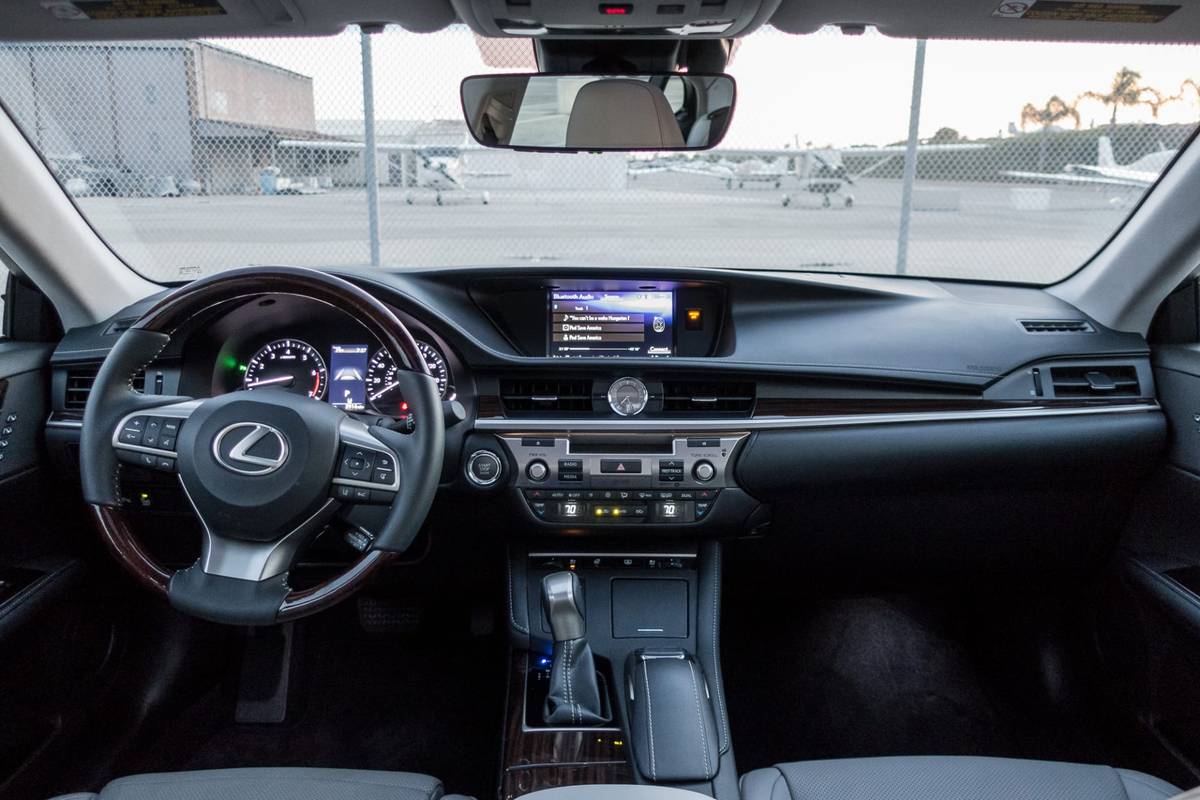
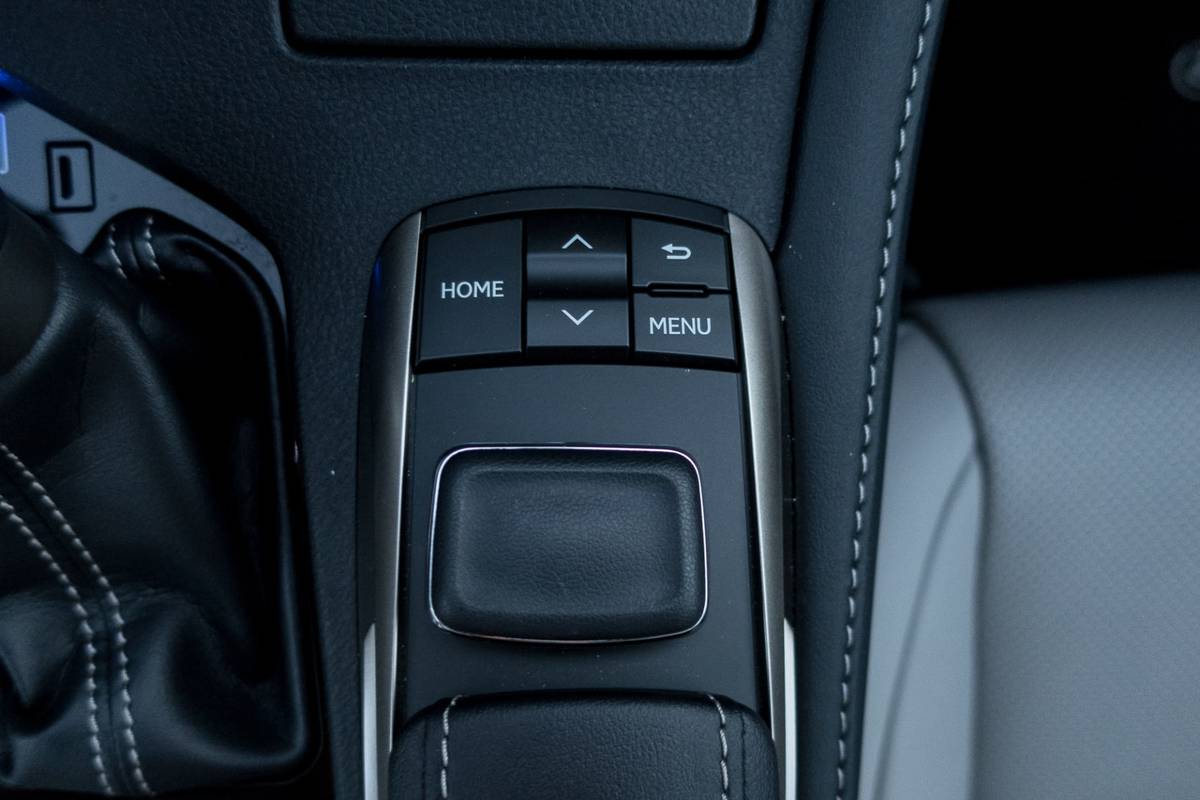
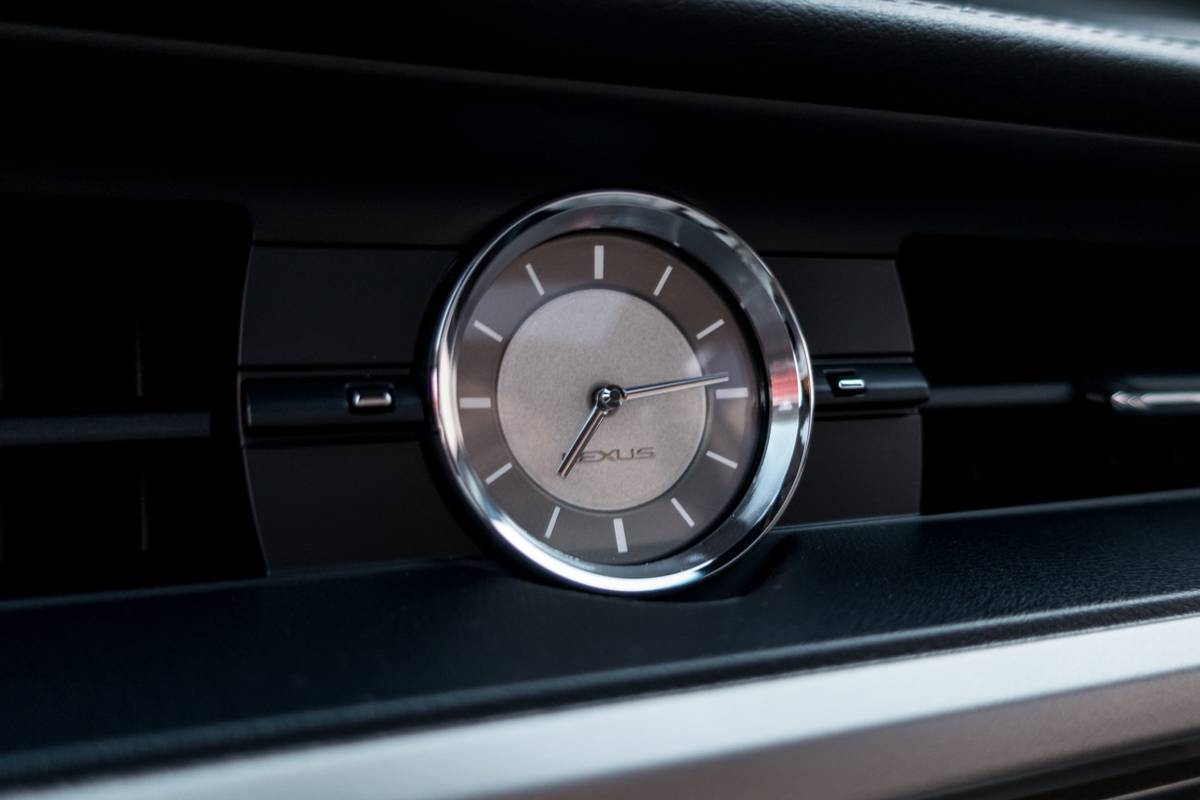
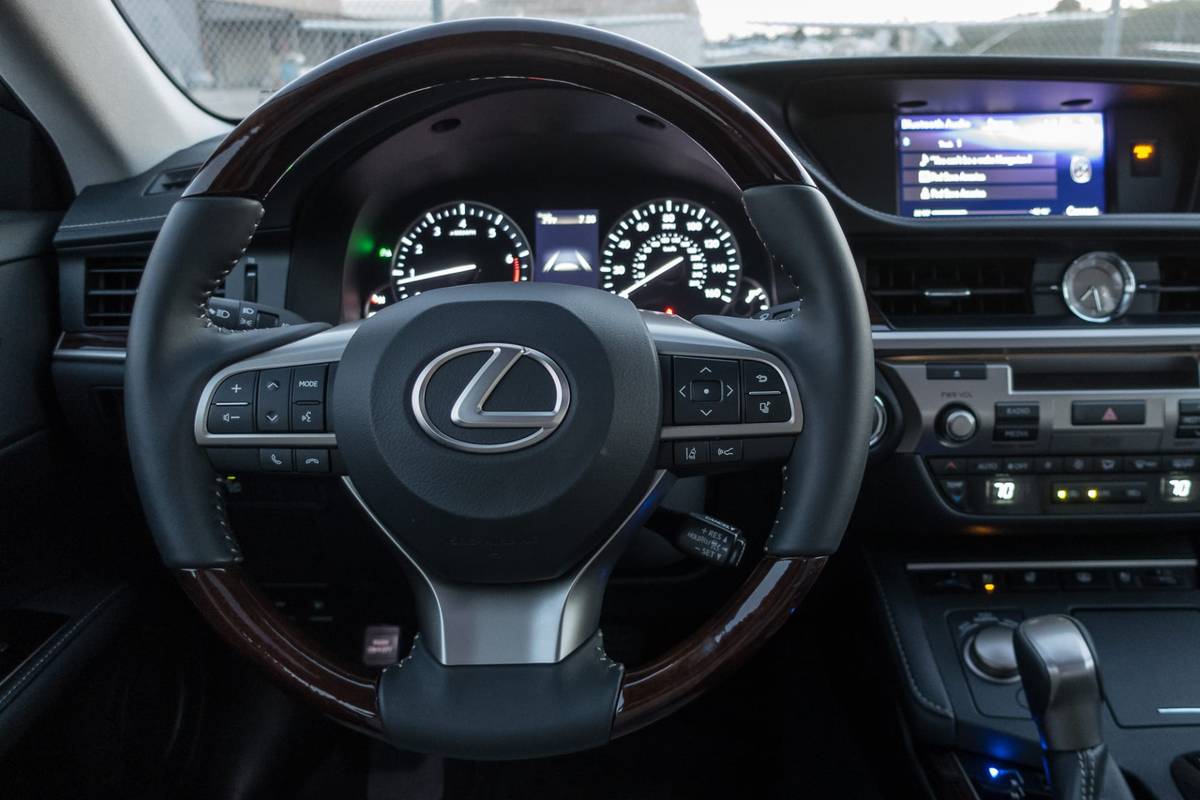





Inside, Lexus’ ES 350 sedan scored a few points back. I was more comfortable in the vehicle’s front driver and passenger and rear seats, and my test car came with the aptly named Ultra Luxury Package that adds wood trim pieces among other options to make the car’s cabin appear more traditionally luxurious than the red leather upholstery Toyota provides in the Camry. There was also a wood-and-leather steering wheel equipped on the ES that I liked a lot.
The Camry countered with technology. Lexus gave the ES 350 a strange multimedia setup: The screen is sunk back high along the dash and it isn’t a touchscreen, so the only way to use it is with Lexus’ mouselike Remote Touch controller, which I find to be a difficult way to navigate the system’s menus and features. The Camry’s touchscreen is a simpler way to engage with the multimedia system. The Driver’s Assist Package ($1,050) on my test car also featured two features not found on the ES 350: an around-view monitor and a head-up display. Both vehicles come with impressive safety features and are available in multiple trim levels.
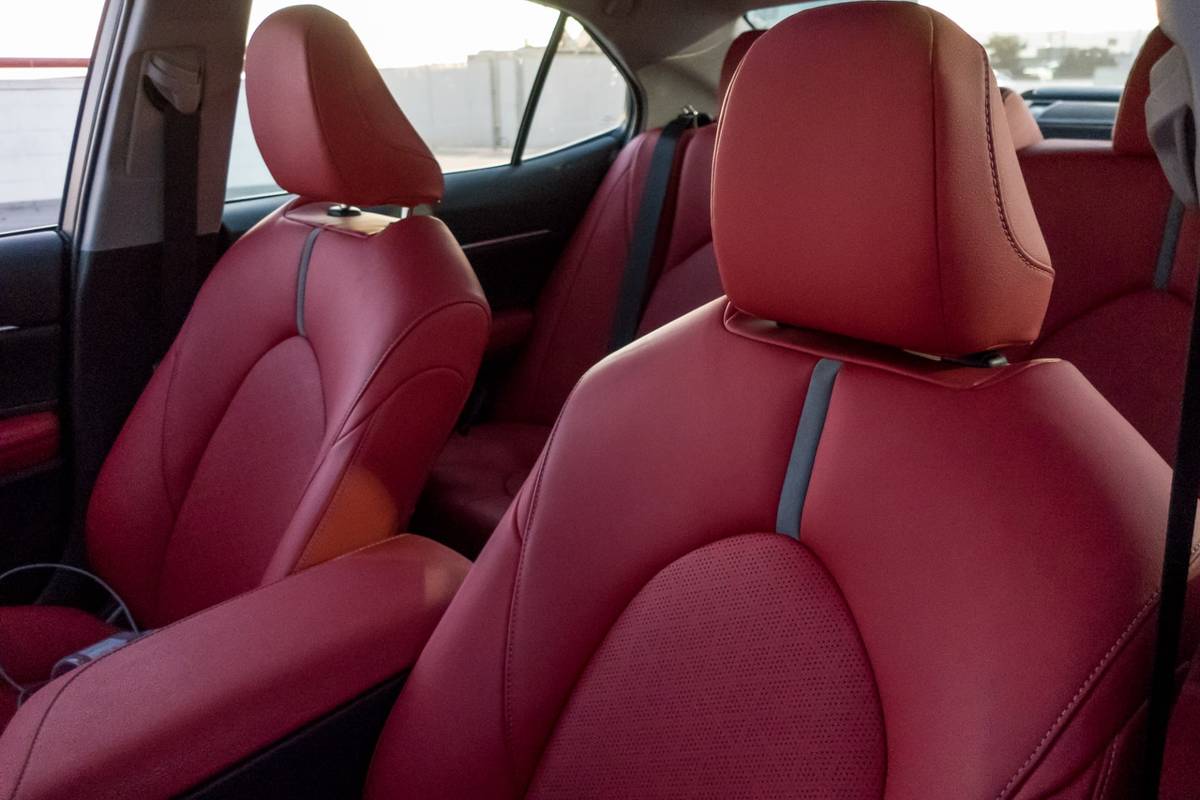
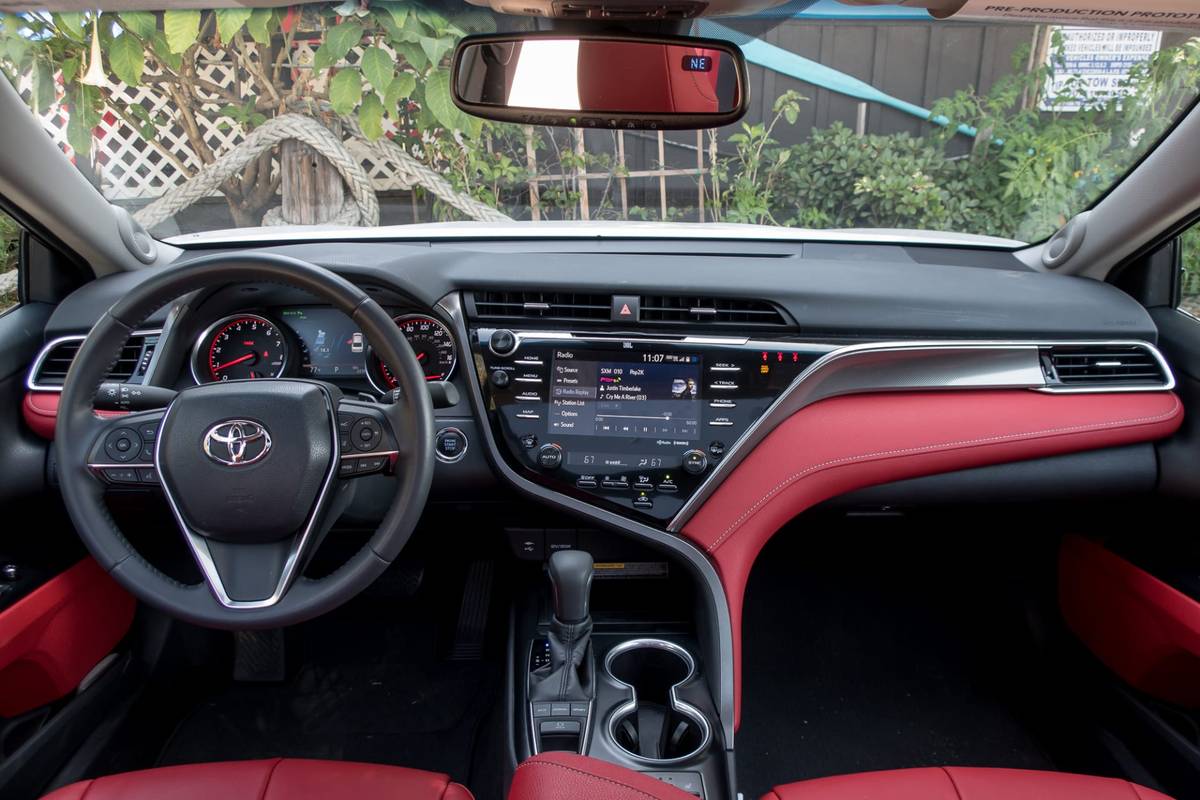
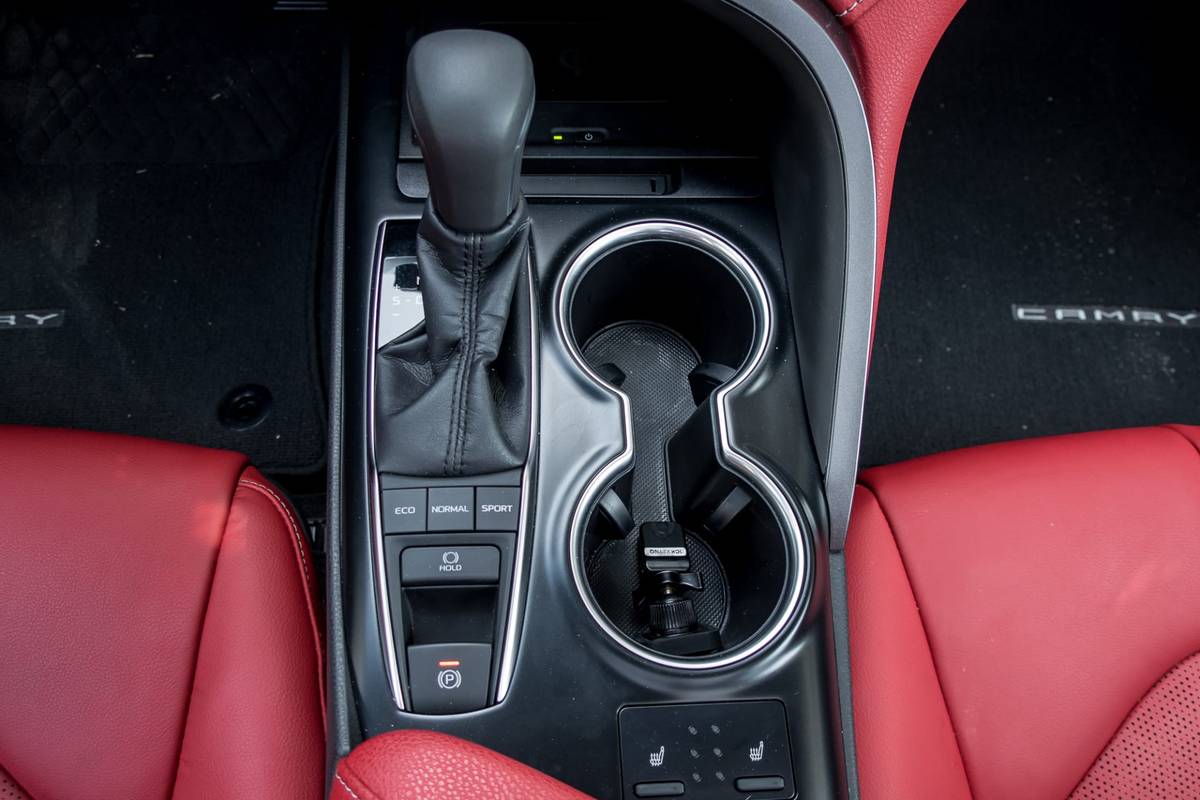
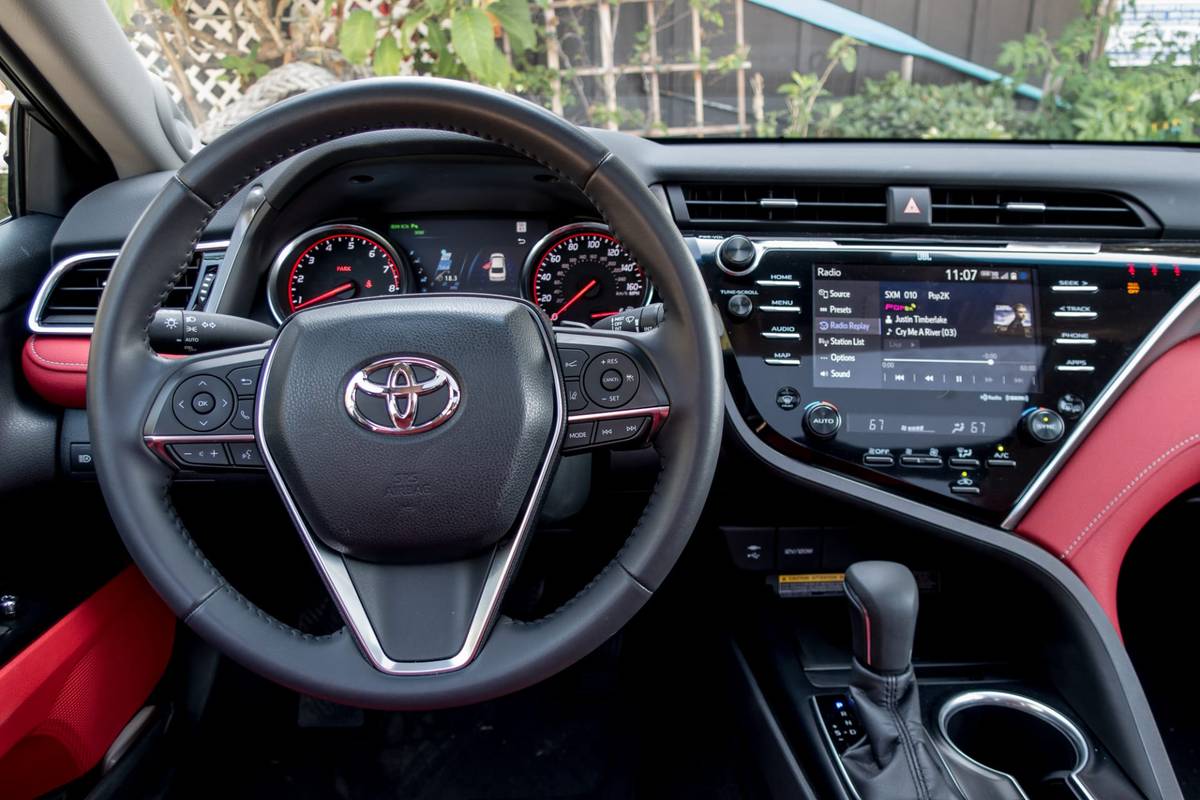




The kicker for me is that even though the $49,210 ES 350 I tested was some $10,000 more than the Camry, I still prefer the 2018 Camry, and that would be true even if the prices for both cars were the same. Its sharper driving dynamics, near-luxury interior and available convenience features would get my pick over the Lexus. Bruzek reviewed the 2017 ES 350 and called it “about as safe a bet as you can make” for a luxury sedan. Toyota didn’t play it safe with the new Camry sedan, but it’s better for it. I’m hopeful that the ES 350 takes a similar leap when it eventually makes the move onto a new platform, too.
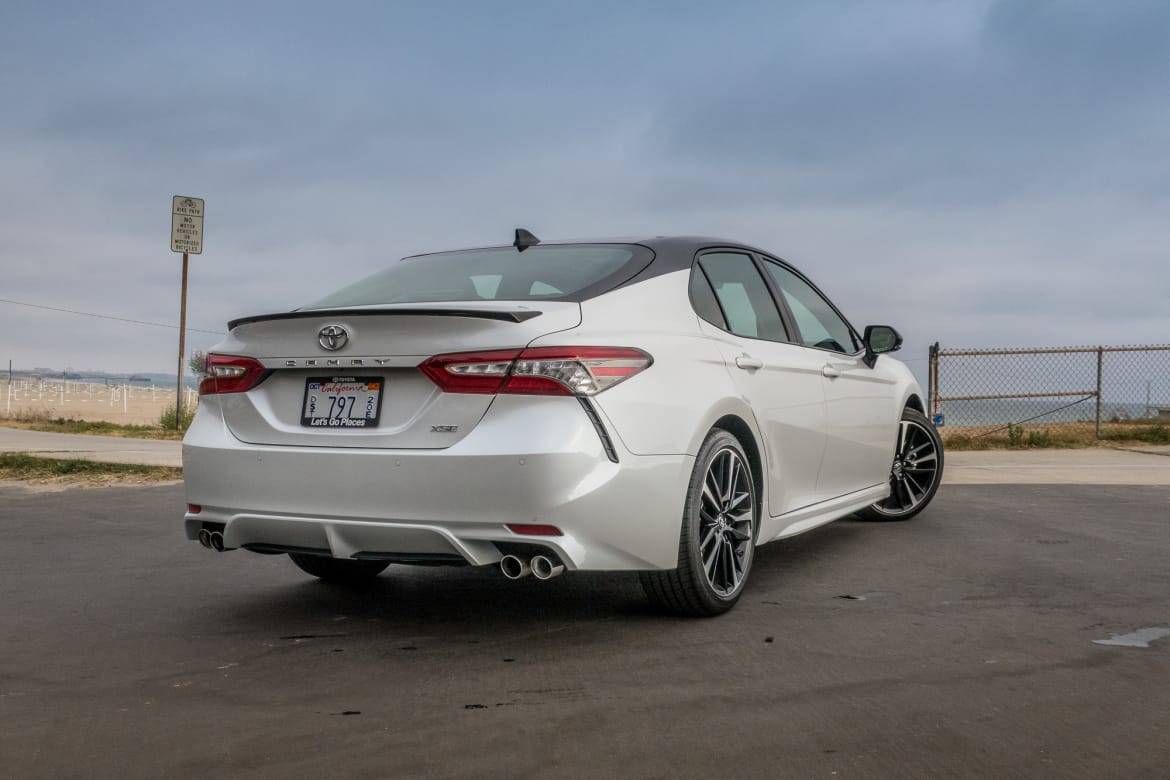
Cars.com’s Editorial department is your source for automotive news and reviews. In line with Cars.com’s long-standing ethics policy, editors and reviewers don’t accept gifts or free trips from automakers. The Editorial department is independent of Cars.com’s advertising, sales and sponsored content departments.

Former L.A. Bureau Chief Brian Wong is a California native with a soft spot for convertibles and free parking.
Featured stories
